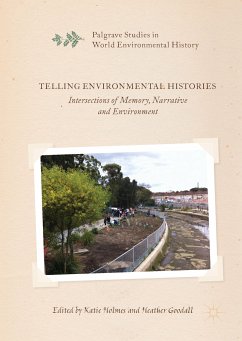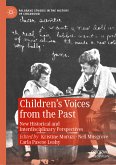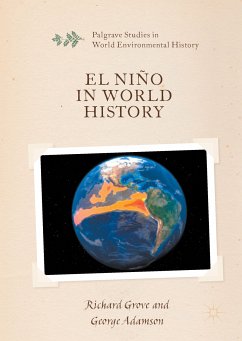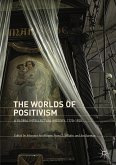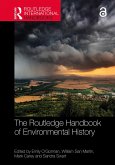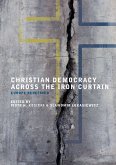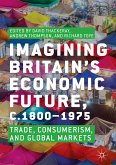This collection explores the intersections of oral history and environmental history. Oral history offers environmental historians the opportunity to understand the ways people's perceptions, experiences and beliefs about environments change over time. In turn, the insights of environmental history challenge oral historians to think more critically about the ways an active, more-than-human world shapes experiences and people. The integration of these approaches enables us to more fully and critically understand the ways cultural and individual memory and experience shapes human interactions with the more-than-human world, just as it enables us to identify the ways human memory, identity and experience is moulded by the landscapes and environments in which people live and labour. It includes contributions from Australia, India, the UK, Canada and the USA.
Dieser Download kann aus rechtlichen Gründen nur mit Rechnungsadresse in A, B, BG, CY, CZ, D, DK, EW, E, FIN, F, GR, HR, H, IRL, I, LT, L, LR, M, NL, PL, P, R, S, SLO, SK ausgeliefert werden.

